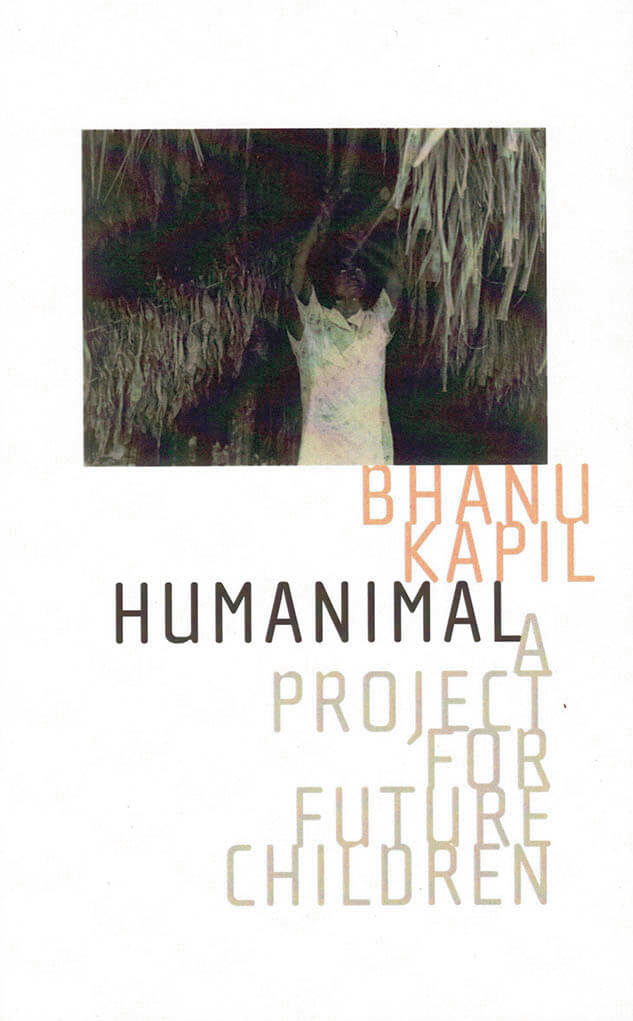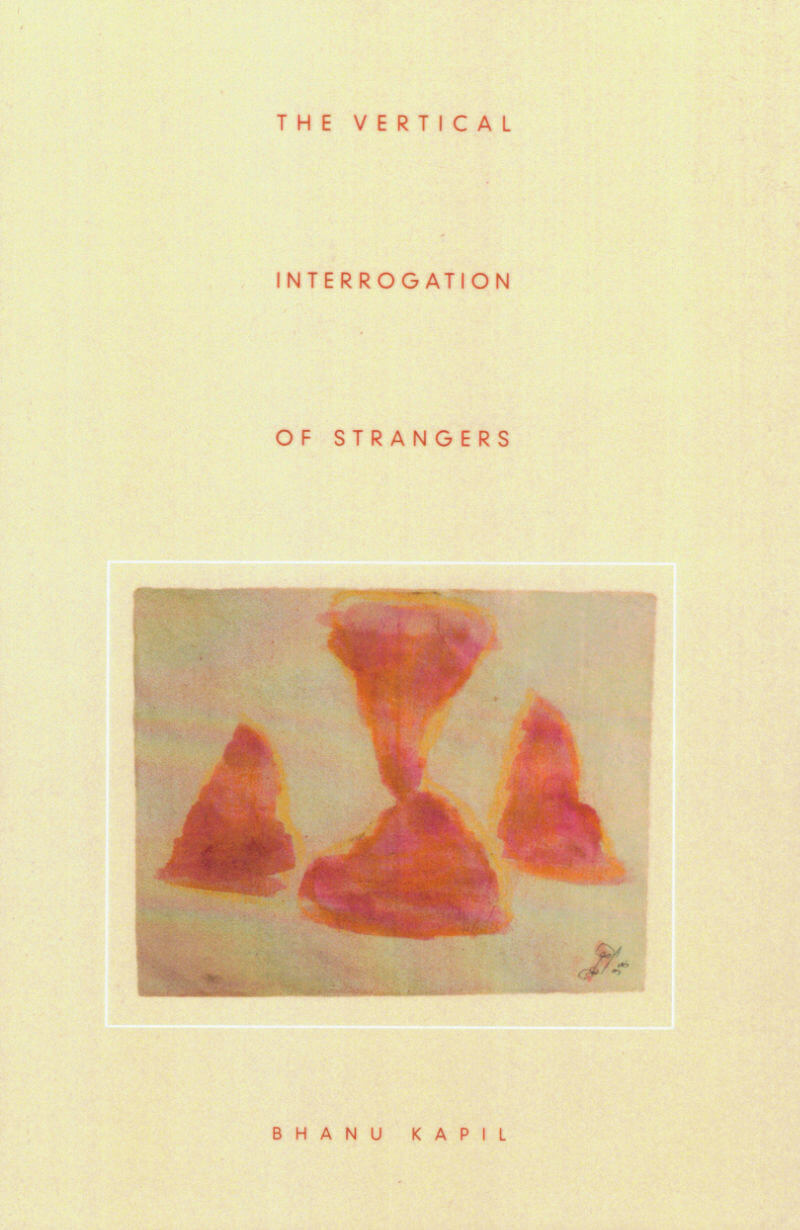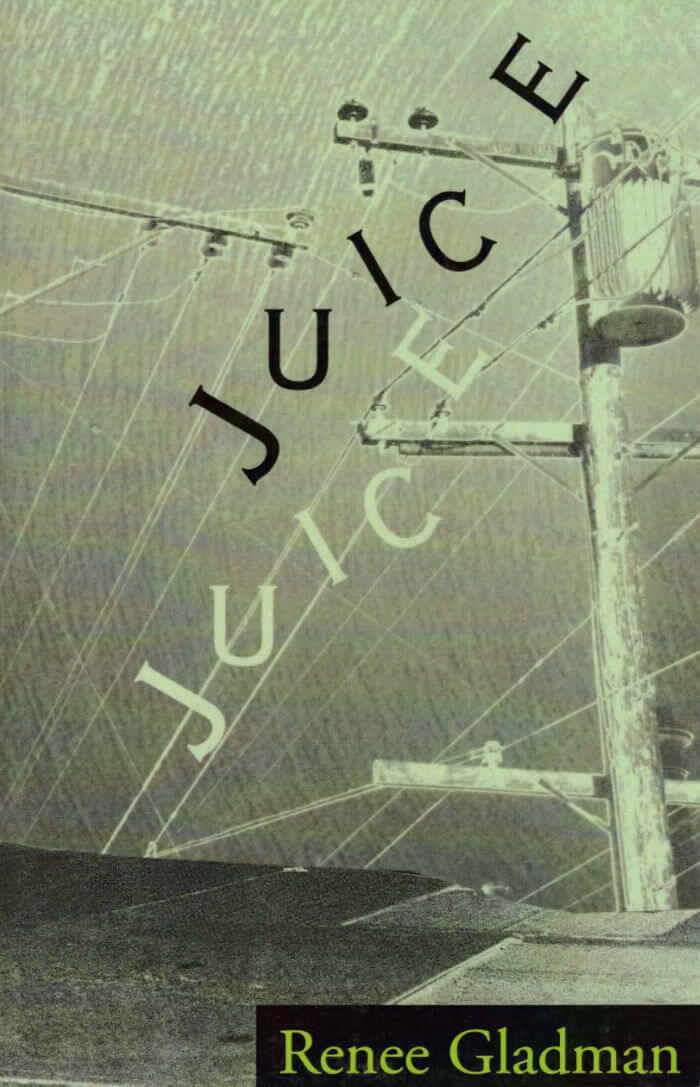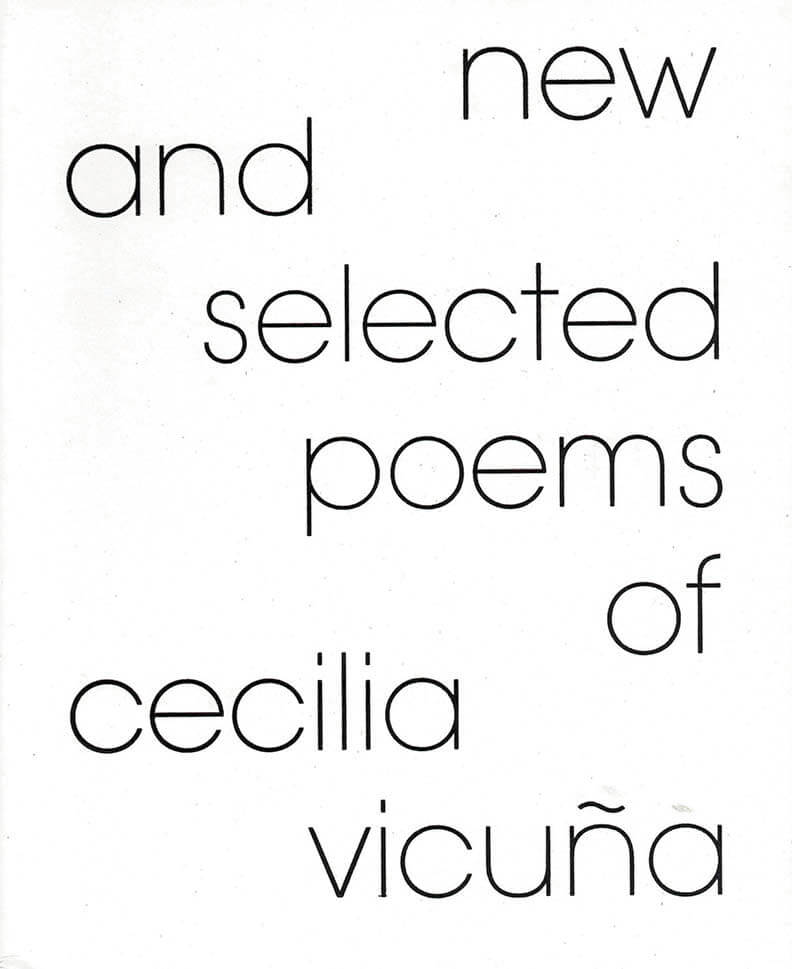
Humanimal: A Project For Future Children
In this prose document, Bhanu Kapil follows a film crew to the Bengal jungle to re-encounter the true account of two girls found living with wolves in 1921. Taking as its source text the diary of the missionary who strove to rehabilitate these orphans, through language instruction and forcible correction of supinated limbs, Humanimal functions as a healing mutation for three bodies and a companion poiesis for future physiologies.
Through wolfgirls Kamala and Amala, there is a grafting: what scars down into the feral opens out also into the fierce, into a remembrance of Kapil's father. The humanimal text becomes one in which personal and postcolonial histories cross a wilderness to form supported metabiology.
"Lucidly, holographically, your heart pulsed in the air next to your body; then my eyes clicked the photo into place. Future child, in the time you lived in, your arms always itched and flaked. To write this, the memoir of your body, I slip my arms into the sleeves of your shirt. I slip my arms into yours, to become four-limbed."
Language: English







